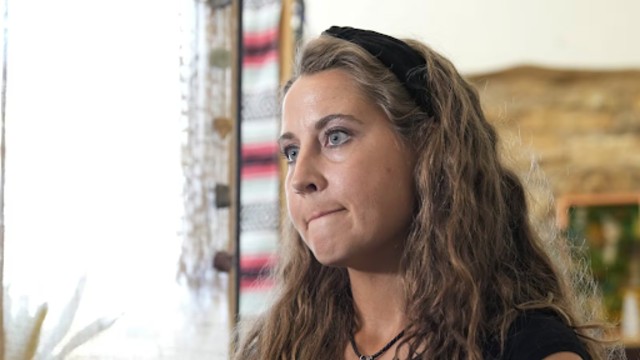
British Columbia Premier David Eby speaks during a news conference in Kamloops, B.C., on Monday, Sept. 11, 2023. British Columbia is phasing out the pap test for cancer screening in favor of mail-in kits collected by the patients. THE CANADIAN PRESS/Darryl Dyck
British Columbia aims to eradicate cervical cancer by initiating Canada's first-ever at-home self-screening, announced Premier David Eby on Tuesday. The province will gradually phase out the pap test for cancer screening, shifting to mail-in kits with self-collected samples, beginning later this month.
Following a successful localized pilot project in 2021, the at-home screening for the human papillomavirus (HPV) has proven more effective in detecting pre-cancerous lesions, with fewer barriers compared to traditional pap tests, according to Eby. Cervical cancer, preventable through immunization and screening, is the fourth most common cancer in women globally and one of the fastest-growing cancers for females in Canada.
Eby emphasized the significance of preventing cervical cancer diagnoses, citing approximately 200 such diagnoses in the province each year. He noted that B.C. is presented with a rare opportunity to set a goal of eliminating a form of deadly cancer within the province.
The at-home screening program focuses on the high-risk HPV associated with various cancers. If not cleared by the body, these viruses can persist and lead to cervical cancer by causing changes in cells. Starting January 29, individuals can order test kits online or by phone, conduct the test at home, and mail it in or take it to a healthcare provider for screening.
Results are expected within four to six weeks, with information provided to both the patient and their healthcare provider. The program aims to empower British Columbians to prevent cervical cancer by offering a quick, accurate, and long-lasting alternative to traditional methods.
Dr. Gina Ogilvie, a global expert in HPV control at the University of British Columbia, highlighted the transition to HPV testing as a primary screening method, emphasizing its effectiveness based on rigorous evidence from randomized trials. The move is a significant leap forward, aiming not only to reduce the incidence of cervical cancer but ultimately to eliminate it.
The at-home screening initiative is a pivotal step, building on the province's history of pioneering cervical cancer screening programs. Premier Eby's wife, Dr. Cailey Lynch, a family doctor, joined the announcement, sharing her experiences and dreams about patients impacted by cervical cancer. The initiative coincides with political and public concerns about extended wait times for cancer care in British Columbia. Last year, the government sent breast and prostate cancer patients to Bellingham, Washington, for expedited treatment and unveiled a 10-year cancer care program, including new treatment centers across the province.















